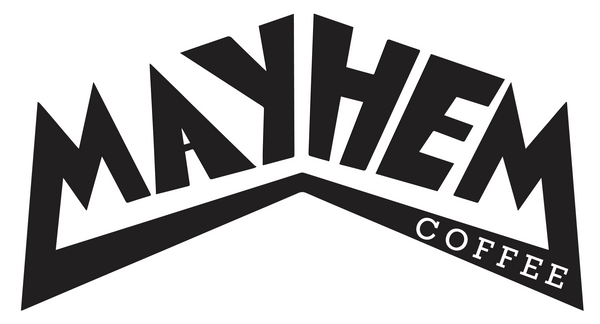Both French press and pour over methods have their own unique benefits when it comes to making coffee. Here are some advantages of each method:
Benefits of French Press:
1. Full-bodied flavor: The French press allows for direct contact between coffee grounds and water for a longer brewing time, which can result in a rich and full-bodied coffee flavor.
2. Retains oils: The mesh filter in a French press allows coffee oils to pass through, giving the brew a thicker and more textured mouthfeel.
3. Customizable strength: With a French press, you have control over the brewing time and water-to-coffee ratio, making it easier to adjust the strength of your coffee according to your preference.
4. No need for paper filters: French presses use a metal mesh filter, eliminating the need for paper filters, which can be more eco-friendly and cost-effective in the long run.
Benefits of Pour Over:
1. Clarity and cleanliness: Pour over brewing typically produces a clean and bright cup of coffee with a lighter body, allowing for more nuanced flavors to shine through.
2. Precise control: Pour over methods give you precise control over the water flow and extraction, allowing you to optimize the brewing process and achieve consistent results.
3. Highlighting delicate flavors: The slow and controlled pour over process can highlight the delicate and subtle flavors of high-quality beans, bringing out their unique characteristics.
4. Less sediment: Pour over methods generally produce coffee with less sediment compared to French press, as the paper filters trap most of the oils and fines, resulting in a cleaner cup.
Ultimately, the choice between French press and pour over depends on personal preference for taste, body, and brewing control. Both methods offer distinct brewing experiences, and it can be enjoyable to experiment with both to find the style that suits your taste preferences best.
